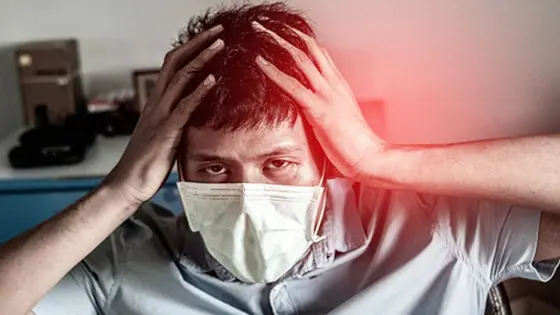
Wondering how long coronavirus can survive on surfaces?
New Delhi: With the deadly coronavirus having already claimed more than 2,300 lives in China alone, and the deadly virus having spread to other countries, concerns are growing about how long the virus may linger on surfaces. According to CNN, the concerns have grown to such an extent that China's central bank has decided to clean and destroy a large chunk of its currency notes as they change hands multiple times in a day. According to US Centers for Disease Control and Prevention (CDC), coronaviruses are the group of viruses that are commonly found among animals and are in some rare cases called as the zoonotic. They can be transmitted from animals to human beings. According to the CDC, the coronaviruses spread the most through respiratory droplets like sneeze or cough and they have poor sustainability on surfaces. According to the CDC, flu viruses, on the other hand, can live on certain specific surfaces for about 48 hours and can potentially infect people if the surface remains disinfected.
New Delhi: With the deadly coronavirus having already claimed more than 2,300 lives in China alone, and the deadly virus having spread to other countries, concerns are growing about how long the virus may linger on surfaces. According to CNN, the concerns have grown to such an extent that China's central bank has decided to clean and destroy a large chunk of its currency notes as they change hands multiple times in a day. According to US Centers for Disease Control and Prevention (CDC), coronaviruses are the group of viruses that are commonly found among animals and are in some rare cases called as the zoonotic. They can be transmitted from animals to human beings. According to the CDC, the coronaviruses spread the most through respiratory droplets like sneeze or cough and they have poor sustainability on surfaces. According to the CDC, flu viruses, on the other hand, can live on certain specific surfaces for about 48 hours and can potentially infect people if the surface remains disinfected.
